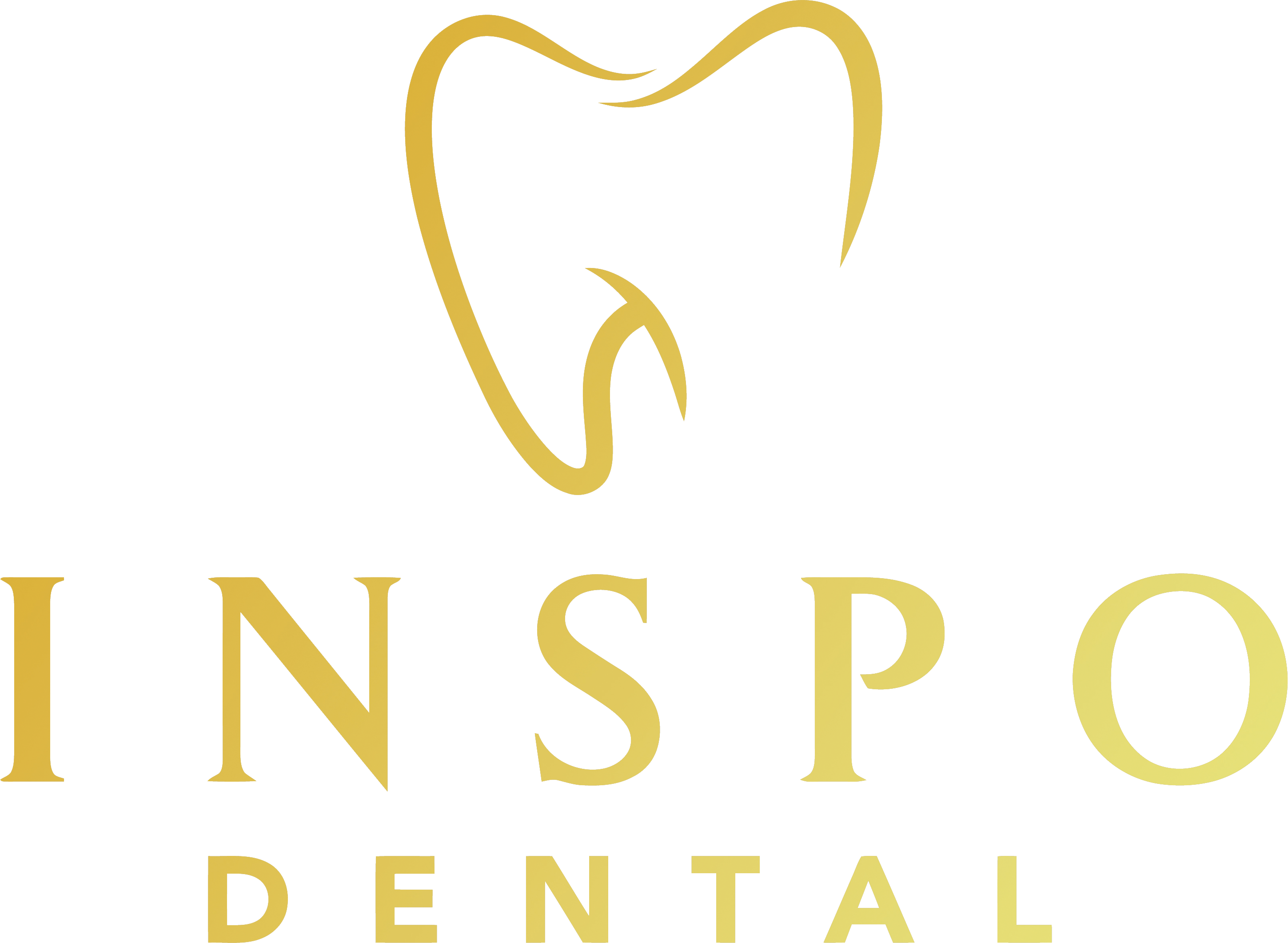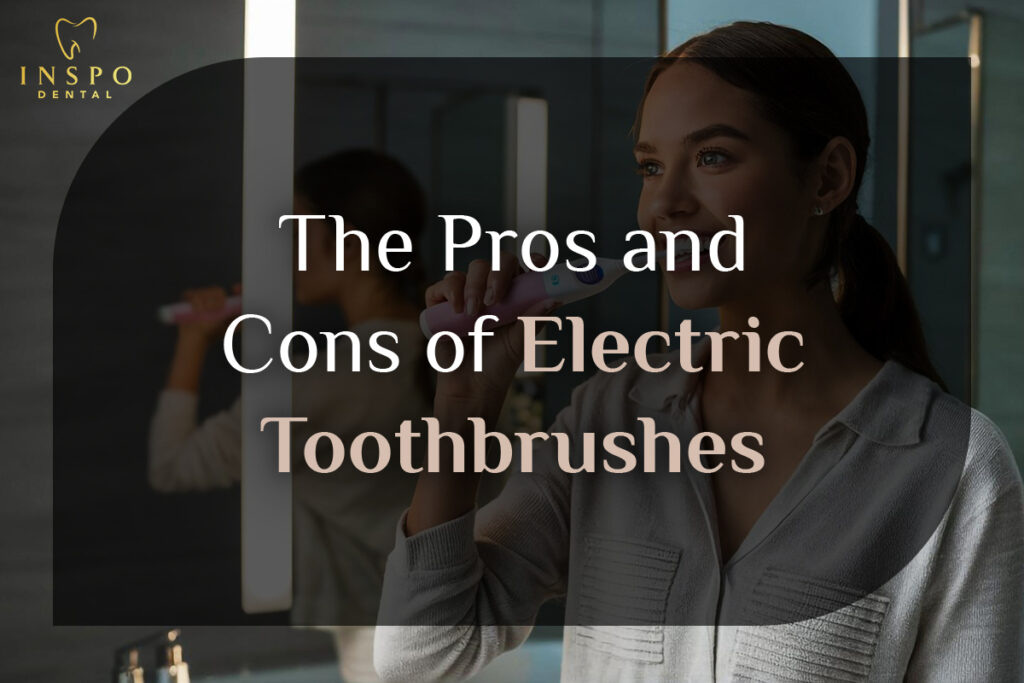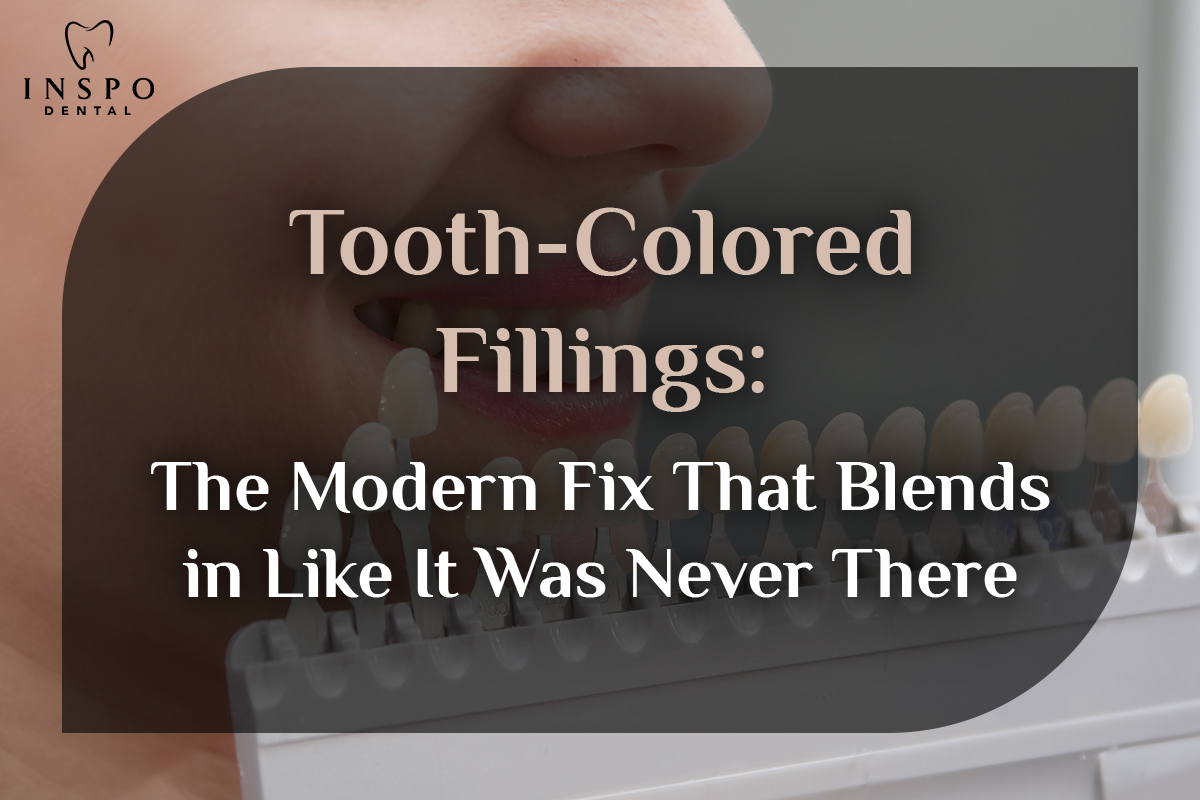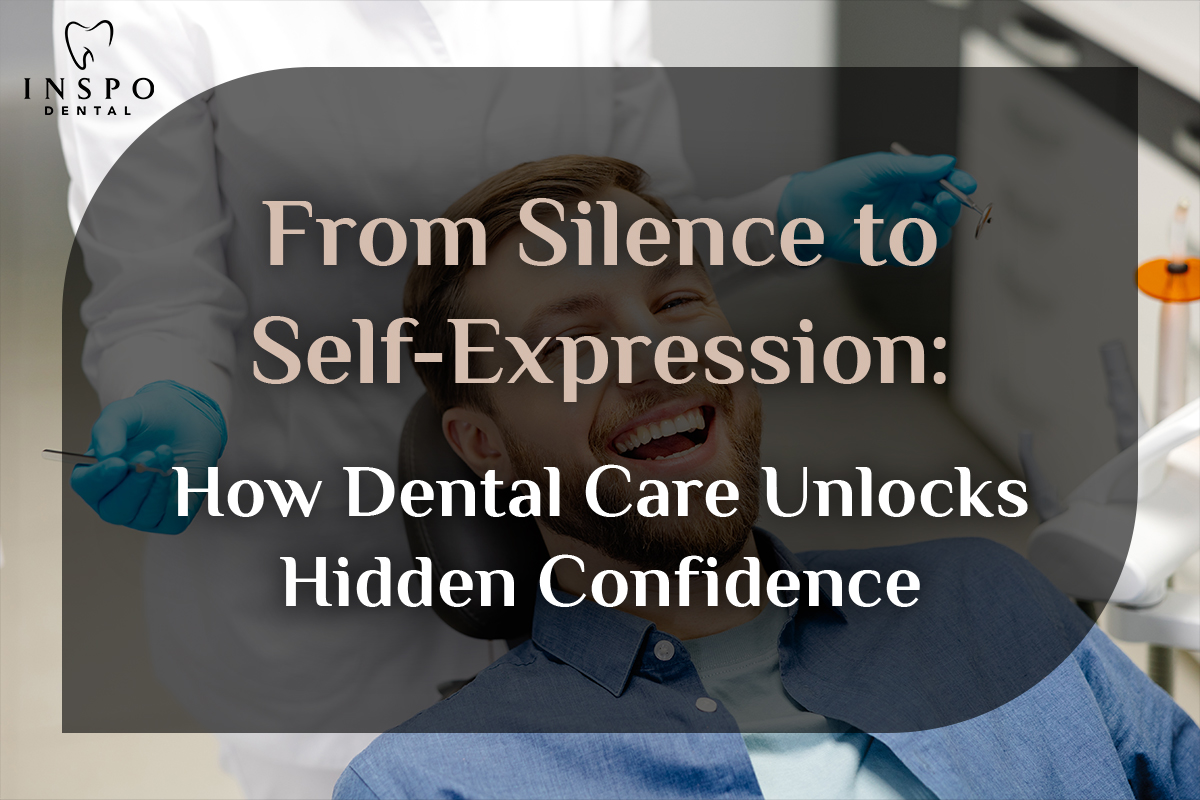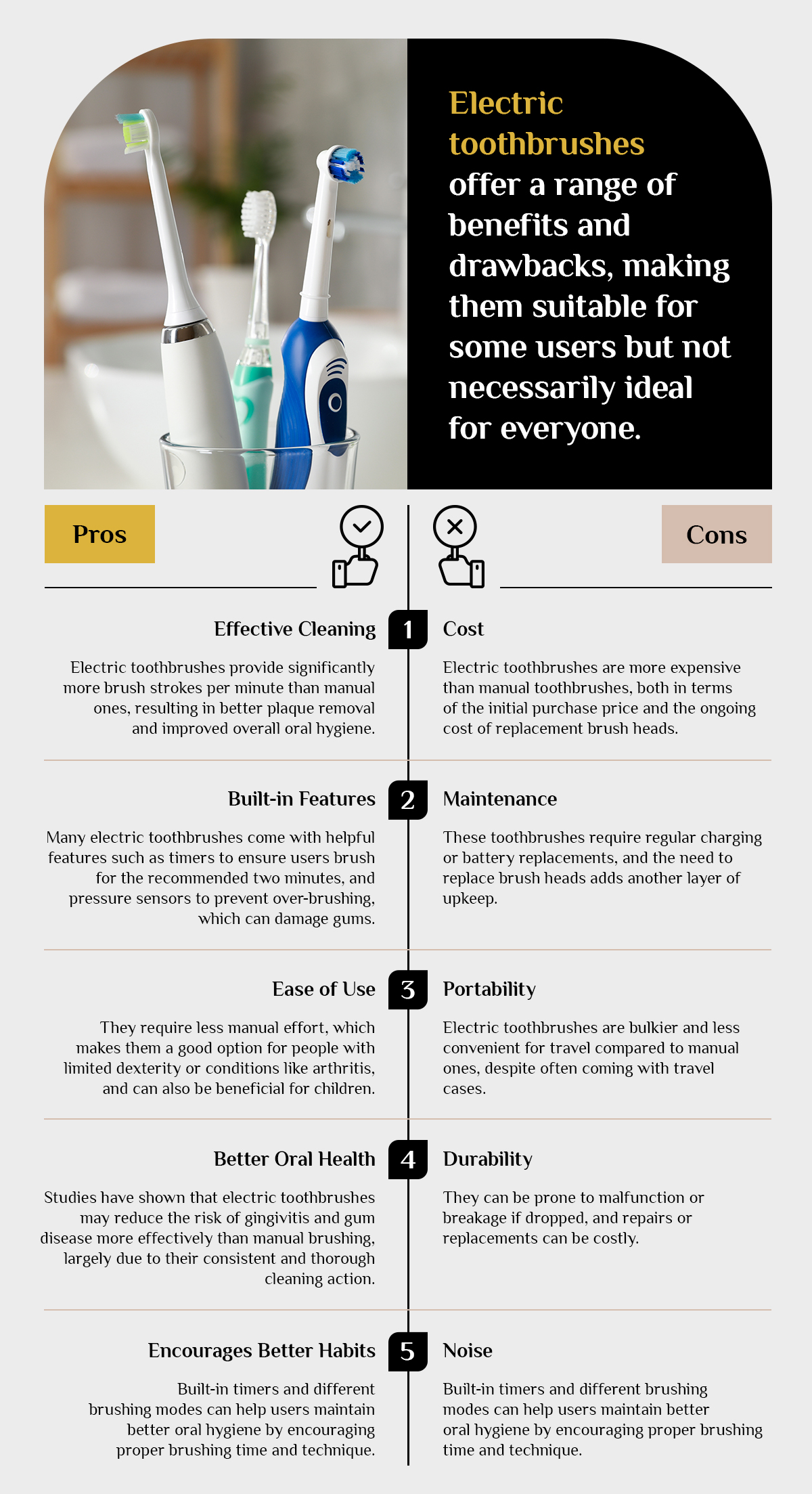
Electric toothbrushes offer a range of benefits and drawbacks, making them suitable for some users but not necessarily ideal for everyone.
Pros:
- Effective Cleaning: Electric toothbrushes provide significantly more brush strokes per minute than manual ones, resulting in better plaque removal and improved overall oral hygiene.
- Built-in Features: Many electric toothbrushes come with helpful features such as timers to ensure users brush for the recommended two minutes, and pressure sensors to prevent over-brushing, which can damage gums.
- Ease of Use: They require less manual effort, which makes them a good option for people with limited dexterity or conditions like arthritis, and can also be beneficial for children.
- Better Oral Health: Studies have shown that electric toothbrushes may reduce the risk of gingivitis and gum disease more effectively than manual brushing, largely due to their consistent and thorough cleaning action.
- Encourages Better Habits: Built-in timers and different brushing modes can help users maintain better oral hygiene by encouraging proper brushing time and technique.
Cons:
- Cost: Electric toothbrushes are more expensive than manual toothbrushes, both in terms of the initial purchase price and the ongoing cost of replacement brush heads.
- Maintenance: These toothbrushes require regular charging or battery replacements, and the need to replace brush heads adds another layer of upkeep.
- Portability: Electric toothbrushes are bulkier and less convenient for travel compared to manual ones, despite often coming with travel cases.
- Durability: They can be prone to malfunction or breakage if dropped, and repairs or replacements can be costly.
- Noise: The sound of an electric toothbrush can be bothersome to some users, especially those sensitive to loud or high-pitched sounds.
For individuals considering an electric toothbrush, it’s important to weigh the advantages of superior cleaning and convenience against the potential drawbacks of cost and upkeep. For those with specific oral health issues, such as gum disease, sensitive teeth, or orthodontic appliances like braces, the enhanced cleaning power and specialized features of electric toothbrushes can be particularly beneficial. The oscillating or sonic technology used in many electric models can effectively clean around braces or other dental work, which can be more challenging with manual toothbrushes.
In addition to improved oral hygiene, the convenience of features like timers and pressure sensors can lead to better long-term dental habits. For example, the timer ensures that users brush for the dentist-recommended two minutes, helping to prevent under-brushing, while pressure sensors protect gums from the damage that can result from brushing too hard. These features make electric toothbrushes ideal for individuals who may struggle with brushing technique or who want a more guided brushing experience.
However, the higher price point of electric toothbrushes can be a barrier for some. Not only is the initial purchase cost significantly higher than a manual toothbrush, but the ongoing expense of replacing brush heads adds to the long-term cost. Additionally, the need to charge the device or replace batteries, depending on the model, adds a level of maintenance that manual brushes do not require. This may be a hassle for some users, especially those who travel frequently or prefer a simpler dental routine.
Durability is another consideration. Electric toothbrushes, with their mechanical components, are more susceptible to wear and tear, and if dropped or exposed to water, they can malfunction. Repairs or replacements can be costly, making this a less desirable option for those who are rough on their devices or prefer something more durable. Moreover, some users find the noise produced by electric toothbrushes to be distracting or unpleasant, which can make the brushing experience less enjoyable.
In contrast, manual toothbrushes remain a more affordable and low-maintenance option. They don’t require batteries, chargers, or replacement heads, making them ideal for those who prefer a straightforward approach to oral care. For individuals who already have good brushing technique and can ensure they are brushing for the appropriate amount of time, manual toothbrushes can be just as effective at maintaining oral health when used properly.
When considering whether to switch to an electric toothbrush, it’s also important to think about how brushing habits align with your overall dental health needs. Some dentists and dental hygienists advocate for electric toothbrushes because they make it easier to maintain consistency in brushing technique, which can be a challenge with manual brushes. For example, if you’re someone who tends to rush through brushing or struggle with reaching certain areas of your mouth, the automated, consistent motion of an electric toothbrush can make up for some of those shortcomings. Its ability to deliver a uniform, high number of brush strokes per minute means that even in areas where a person might usually apply less pressure or not spend enough time, the toothbrush can help compensate.
Electric toothbrushes can also benefit individuals with certain conditions or age-related challenges. Elderly individuals, or those with arthritis and other conditions affecting fine motor skills, may find it difficult to use a manual toothbrush effectively. The reduced effort required to clean teeth with an electric toothbrush can make a big difference in maintaining proper oral hygiene, helping to prevent gum disease or decay, which are more prevalent in older adults. Children, too, may find electric toothbrushes more engaging. With some models featuring fun designs, sound effects, or music to encourage brushing for the full two minutes, these brushes can foster better habits early on in life. For parents, this can be a big incentive to invest in an electric toothbrush, as it can make the daily brushing routine less of a struggle.
On the other hand, one of the key arguments in favor of manual toothbrushes is that, when used with proper technique, they can be just as effective at maintaining oral health as electric toothbrushes. The most important factor in brushing is the technique and consistency, not necessarily the type of toothbrush. A good manual toothbrush, when used twice a day for two minutes, with attention to brushing all surfaces of the teeth, can still provide excellent results. Many people find that they prefer the tactile feedback and control that a manual toothbrush provides. This can be particularly important for people who are very particular about their oral hygiene and who feel that an electric toothbrush doesn’t allow them to target specific areas in the same way.
Moreover, manual toothbrushes are easy to replace and extremely cost-effective. Unlike electric toothbrushes, which require an ongoing investment in replacement heads and potentially chargers or batteries, a manual toothbrush can be replaced every three months for a minimal cost. This makes manual toothbrushes ideal for people on a tight budget, travelers, or those who simply don’t want to be concerned with maintaining an additional device.
For travelers, the simplicity of manual toothbrushes is often a key factor. While many electric toothbrushes come with travel cases, they still take up more space and require careful handling to avoid damaging the device. A manual toothbrush, in contrast, is compact and can be easily replaced if lost or forgotten while on the road. Additionally, there’s no need to worry about charging or batteries running out, making manual toothbrushes a hassle-free choice for frequent travelers.
Finally, another benefit of manual toothbrushes is their sustainability. While electric toothbrushes typically have plastic brush heads that need to be replaced, manual toothbrushes—especially those made from sustainable materials like bamboo—can be a more environmentally friendly option. For people looking to reduce their environmental footprint, this can be a compelling reason to stick with manual brushing.
When making the decision between an electric toothbrush and a manual one, it’s also helpful to consider the impact on long-term dental care. Dentists frequently emphasize that prevention is key when it comes to oral health, and electric toothbrushes are often seen as a tool that supports preventive care more effectively for certain users. Studies suggest that people using electric toothbrushes may experience less gum disease and plaque buildup compared to those using manual toothbrushes, partly because of the enhanced brushing techniques that electric toothbrushes provide automatically. For individuals who are prone to dental issues, such as frequent cavities or gingivitis, the more thorough cleaning that electric models offer might help reduce the need for costly dental treatments down the line.
Another group that may benefit from electric toothbrushes includes those with orthodontic work like braces, retainers, or dental implants. These devices create extra nooks and crannies in the mouth where food particles and plaque can get trapped, making it harder to clean thoroughly with a manual toothbrush. Electric toothbrushes, especially those with smaller heads or specific cleaning modes, can make it easier to access hard-to-reach areas and ensure a more complete clean. This can help prevent common issues associated with braces, such as decalcification, which occurs when plaque builds up around brackets and causes white spots on the teeth.
Furthermore, some electric toothbrushes are equipped with additional features designed to promote even better oral health. For instance, some models come with apps that sync to your smartphone, providing real-time feedback on brushing technique, coverage, and even tracking your brushing habits over time. This level of detail can be helpful for those looking to improve their oral care routines, offering personalized insights and recommendations. While this may seem excessive to some, for tech-savvy users or those with more complex dental needs, these features can be a valuable tool in maintaining optimal oral hygiene.
However, the higher initial cost of electric toothbrushes, combined with the need for regular replacement of brush heads, is an important consideration for long-term use. While some argue that the benefits of improved dental health and fewer dental visits may offset these costs in the long run, for people on a budget or with limited access to dental care, the extra expenses can still be a deterrent. Manual toothbrushes, by contrast, remain highly accessible and cost-effective. They are readily available in any store, and their simple, straightforward design makes them easy to replace without a significant financial burden.
The environmental impact of electric toothbrushes is another factor worth considering. With their plastic components, batteries, and sometimes short lifespans, electric toothbrushes contribute to electronic waste. Though some manufacturers have begun to address this issue by offering recyclable brush heads or more eco-friendly designs, the environmental footprint of these devices remains larger compared to that of manual toothbrushes, especially those made from sustainable materials like bamboo or biodegradable plastics. For environmentally conscious users, this may be an important factor when deciding which type of toothbrush to use.
In addition, it’s worth acknowledging that not all users may need or even benefit significantly from an electric toothbrush. For individuals who already maintain excellent oral hygiene habits with a manual toothbrush, the transition to an electric toothbrush may not yield dramatic improvements. If you are brushing for the recommended two minutes, using proper technique, and flossing regularly, a manual toothbrush can be just as effective in keeping your teeth and gums healthy. Many dentists still emphasize that the user’s technique and consistency are more important than the choice of toothbrush itself.
Some people may also find the sensation of an electric toothbrush unpleasant. The buzzing or vibrating motion can be uncomfortable, especially for those with sensitive teeth or gums. In these cases, the tactile control of a manual toothbrush can feel gentler and more familiar. Similarly, individuals who value simplicity in their daily routines may prefer the no-fuss approach of a manual toothbrush, which doesn’t require charging, app syncing, or replacement heads.
Ultimately, the decision to use an electric or manual toothbrush is a highly personal one. It depends on factors like oral health needs, budget, environmental considerations, and personal preferences regarding convenience and brushing experience. Both options can support good oral hygiene if used correctly, but electric toothbrushes offer additional features that can make the process easier and more effective for those who need or want the extra help. Whether you’re looking to improve your brushing technique, prevent dental issues, or simply want a more high-tech approach to your oral care routine, the choice between electric and manual toothbrushes comes down to what best fits your lifestyle and needs.
In the end, it’s not just the toothbrush itself that matters, but how you use it. Whether electric or manual, brushing your teeth twice a day, flossing regularly, and visiting the dentist for routine checkups will always be the most important factors in maintaining strong, healthy teeth and gums.
